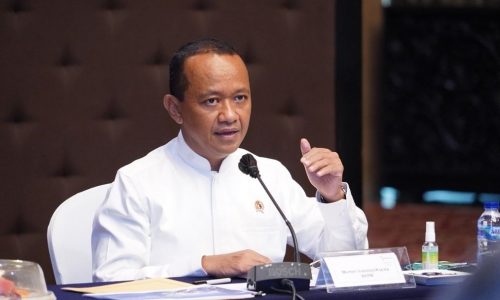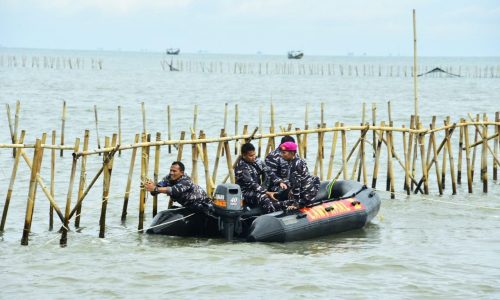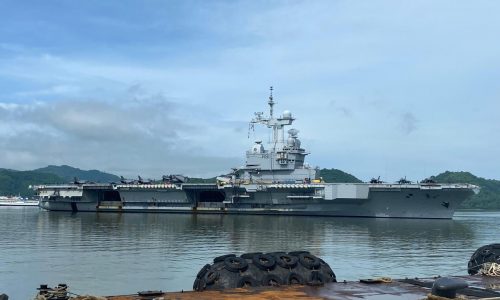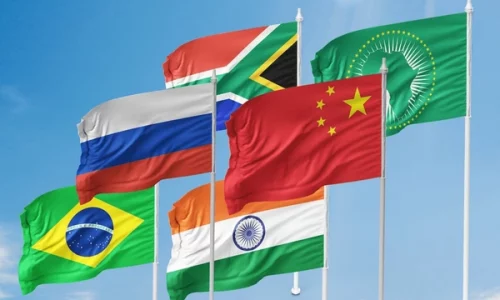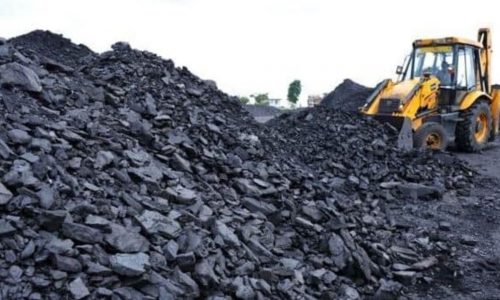The Indonesian Government and the Energy Business Forum are exploring opportunities for electrical connectivity cooperation with Brunei Darussalam, Malaysia, and the Philippines. This electrical connectivity cooperation will include renewable energy sources. The Secretary-General of the Ministry of Energy and Mineral Resources (ESDM), Dadan Kusdiana, mentioned that this effort aims to bolster energy resilience in the Southeast Asian region.
“We will engage in actions that we can take promptly because there’s a need, and it’s in the context of enhancing resource sharing,” Dadan stated during the 41st ASEAN Energy Ministers Meeting and the ASEAN Energy Business Forum in Nusa Dua, Badung Regency, Bali, as reported by Antara on Thursday (24/8).The plan is for this collaboration to be discussed and narrowed down in meetings involving government representatives and business entities from these four countries in Nusa Dua.
However, Dadan did not disclose the potential value of this cooperation or the businesses that will be involved in interconnecting these nations.Dadan only explained that the electrical connectivity scheme would link Indonesia’s electricity to Malaysia, which is already in operation.
Subsequently, the electricity connection from Malaysia will be extended to Brunei Darussalam. Regarding the connection to the Philippines, he mentioned that it is planned to be implemented through North Sulawesi.“So, it’s not Indonesia connecting to Brunei, but it’s via Malaysia. Meanwhile, with the Philippines, we see the southern part connected through North Sulawesi,” he said.
Effort to utilize clean energy
This electrical interconnection also promotes the utilization of cleaner energy in alignment with each region’s potential. For instance, in Kalimantan, between Indonesia and Malaysia, there is potential for hydro energy as a renewable source.
Likewise, the Philippines, he noted, has the potential for renewable energy resources, such as geothermal.
“If the connectivity is based on fossil fuels, in my opinion, only the fossil fuels would be sent, there’s no need to establish a network because geothermal cannot be moved. But oil or coal can be transported by ship to the Philippines, as is happening now,” he added.In line with Dadan’s remarks, the Chairman of the ASEAN Energy Business Forum (AEBF) 2023, Andy Tirta, explained that electrical interconnectivity among several Southeast Asian countries had already been realized in 2022, involving Laos, Thailand, Malaysia, and Singapore.
This interconnectivity has also opened up opportunities for investments, including investments in the clean energy sector in the region.“So, this is a tangible collaboration, the goods are there, the market is there, and for investors, it’s not a difficult proposition to sell,” he remarked.
Previously, the International Renewable Energy Agency (IRENA) stated that for ASEAN countries to implement a transition to clean energy, they would require approximately US$29 trillion in financing by 2050, following a 100% renewable energy scheme.Meanwhile, according to a study by the International Energy Agency (IEA), Indonesia would need almost three times the current investment to support clean energy investments by 2030, amounting to an additional US$8 billion per year.



